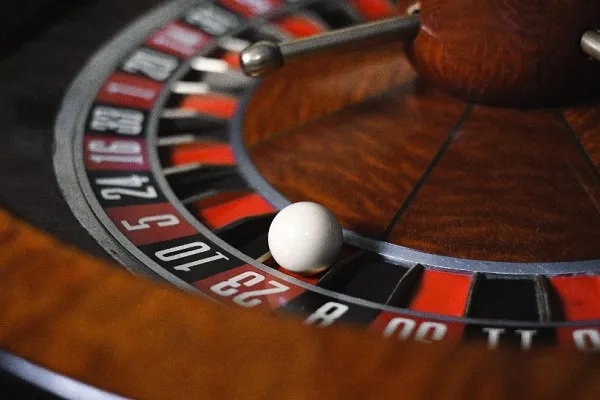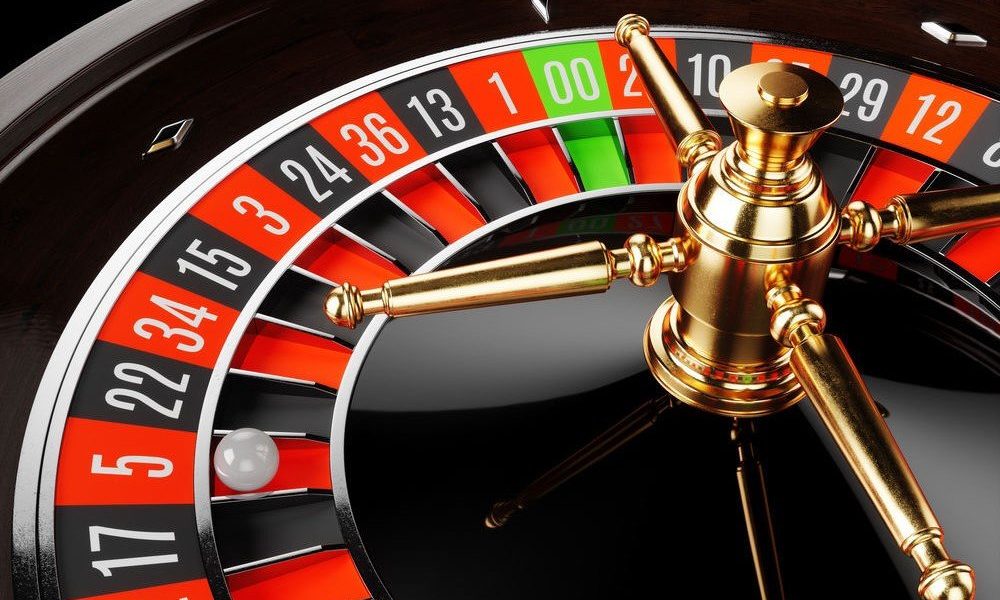Roulette is a popular casino game that has been played for centuries. The game is based on chance and luck, but it also involves a great deal of mathematics. Understanding the mathematics behind roulette bets can help players make informed decisions and increase their chances of winning.
The Basics of Roulette

Roulette is a game of chance that involves a spinning wheel with numbered slots and a small ball. The wheel is spun in one direction, while the ball is spun in the opposite direction. Players place bets on where they think the ball will land when the wheel comes to a stop.
There are two main types of bets in roulette: inside bets and outside bets. Inside bets are placed on specific numbers or combinations of numbers, while outside bets are placed on larger groups of numbers.
The Mathematics of Roulette Bets

The mathematics behind roulette bets is based on the probability of the ball landing on a particular number or group of numbers. The probability of the ball landing on a single number is 1/37, as there are 37 numbered slots on the wheel (38 in American roulette, which includes a double zero).
The probability of the ball landing on a specific combination of numbers depends on the number of slots the combination covers. For example, the probability of the ball landing on one of two specific numbers is 2/37, as there are two slots that the ball can land on out of a total of 37 slots.
The probability of the ball landing on an outside bet, such as red or black, is slightly less than 50%, due to the presence of the green zero slots on the wheel.
Using Mathematics to Make Informed Bets
While roulette is a game of chance, players can use mathematics to make informed bets that increase their chances of winning. One strategy is to place bets on multiple numbers instead of just one, as this increases the probability of the ball landing on one of the numbers.
Another strategy is to place outside bets on groups of numbers, such as red or black, even or odd, or high or low. While the probability of winning an outside bet is slightly less than 50%, the payout for winning an outside bet is typically higher than for winning an inside bet.
Roulette is a game that involves both chance and mathematics. Understanding the mathematics behind roulette bets can help players make informed decisions and increase their chances of winning. By using strategies that take into account the probability of the ball landing on particular numbers or groups of numbers, players can increase their chances of winning and enjoy the thrill of this classic casino game.

